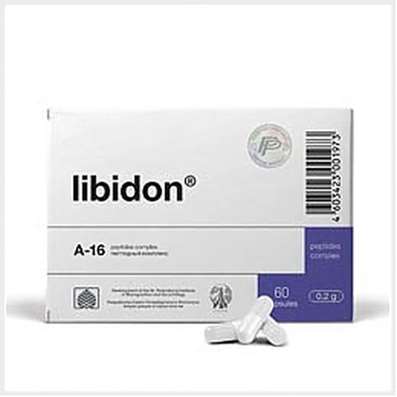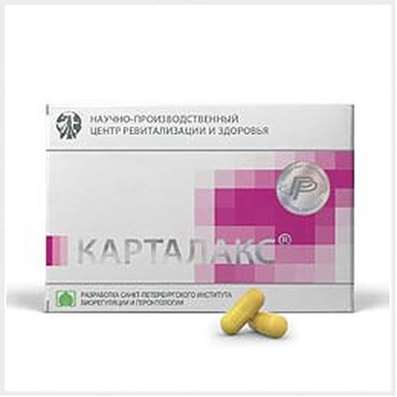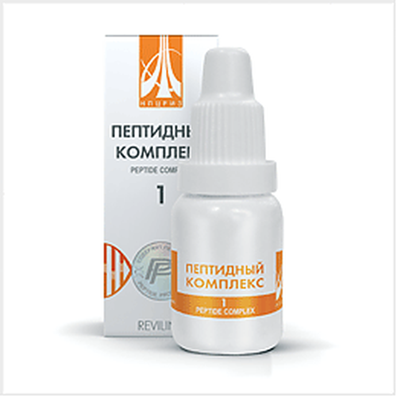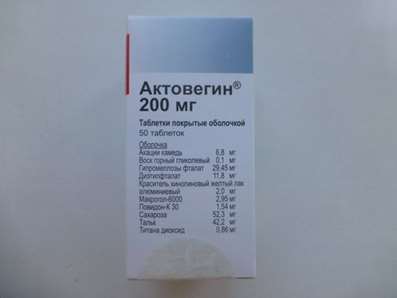Instruction for use: Lead acetate (Plumbi acetas)
I want this, give me price
Pharmacological group
Dermatotropona funds
Antiseptics and disinfectants
Nosological classification (ICD-10)
L08.9 Local infection of skin and subcutaneous tissue, unspecified
Soft tissue abscess, Bacterial or fungal infection of the skin, Bacterial skin infections, Bacterial infections of soft tissues, Bacterial skin infections, Bacterial skin lesions, Viral infection of the skin, Viral skin infections, Inflammation of cellulose, Inflammation of the skin at the injection site, Inflammatory skin diseases, Pustular skin diseases, Purulent-inflammatory disease of skin and soft tissues, Purulent-inflammatory skin diseases, Purulent-inflammatory diseases of the skin and its appendages, Purulent-inflammatory diseases of soft tissues, Purulent skin infections, Purulent infections of soft tissues, Skin Infections, Infections of the skin and skin structures, Infectious lesions of the skin, Infectious diseases of the skin, Skin Infection, Infection of the skin and its appendages, Infection of the skin and subcutaneous structures, Infection of the skin and mucous membranes, Infection of the skin, Dermal bacterial infections, Uncomplicated skin infections, Uncomplicated soft tissue infections, Surface erosion of the skin with secondary infection, Umbilical infection, Mixed skin infections, Specific infectious processes in the skin, Superinfection of the skin, Necrotizing subcutaneous infections
L30.9 Dermatitis, unspecified
Allergic dermatoses complicated by a secondary bacterial infection, Anal eczema, Bacterial maturation, Varicose Eczema, Venous dermatitis, Inflammation of the skin, Inflammation of the skin upon contact with plants, Inflammatory Skin Diseases, Inflammatory skin reactions, Inflammatory processes of the skin, Hypostatic dermatitis, Fungal Eczema, Fungal dermatosis, Dermatitis, Dermatitis is stagnant, Dermatitis and eczema in the anal area, Dermatitis acute contact, Perianal dermatitis, Dermatosis, Dermatosis of the scalp, Dermatosis of psoriasis, Dermatosis with persistent itching, Dermatoses, Dermatoses itchy, Other itching dermatoses, Significant eczematous manifestations, Itching with, dermatoses, Itching eczema, True eczema, Skin reaction to insect bites,Skin itching with dermatosis, Constitutional eczema, Weeping eczema, Drowsing inflammatory skin disease, Dying Infectious-Inflammatory Skin Disease, Non-allergic dermatitis, Nummular eczema, Acute contact eczema, Acute inflammatory skin disease, Acute dermatosis, Acute severe dermatosis, Perianal dermatitis, Superficial dermatosis, Subacute Contact Eczema, Simple dermatitis, Occupational dermatitis, Psychogenic dermatosis, Bubble dermatitis of newborns, Pustular eruptions, Irritation and redness of the skin, Low-flammable eczema, Dry atrophic eczema, Dry eczema, Toxic dermatitis, Ear eczema like dermatitis, Chronic eczema, Chronic dermatosis, Chronic common dermatosis, Scaly papular dermatosis, Eczema, Eczema anal region, Eczema of the hands, Eczema Contact, Eczema lichenized, Eczema Nummular, Eczema acute, Eczema acute contact, Eczema subacute, Eczematous dermatitis, Eczema-like rashes, Ecome exogenous, Endogenous eczema, Gluteal dermatitis, Restricted itchy dermatitis
CAS 6080-56-4
Characteristics of Lead Acetate
Colorless transparent crystals with a weak vinegar smell. In the air, they are weathered and covered with a white coating. Easily soluble in water (1: 2.5), very easy in boiling water (1: 0.5), it is difficult to dissolve in ethanol.
Previously used as an astringent, currently as a drug of significant interest is not.
Pharmacology
Pharmacological action - astringent, anti-inflammatory local.
At low concentrations, it blocks sulfhydryl groups of enzymes, in large concentrations it denatures proteins with the formation of salt-like compounds of albumins. Lead acetate on the surface of the tissue forms dense albumins, prevents further penetration of metal ions into the deep layers and in a number of heavy metals. O. Schmiedeberg, built in accordance with the nature of albuminites, occupies an extremely left position with aluminum. The formation of poorly soluble (dense) albumins is accompanied by gelification (condensation) of colloids of extracellular fluid, mucus of exudates, formation of a protective layer on the skin and mucous membranes, which prevents irritation of sensitive endings. These effects, as well as vasoconstrictive action and reduced vascular permeability, result in a local astringent and anti-inflammatory effect. The antimicrobial effect is caused by the formation of albumins with microbial proteins and depends on the concentration of lead ions in the solution, which is determined by the degree of dissociation of salt-lead acetate (in the O. Schmiedberg series it increases from left to right).
Application of Lead Acetate
Inflammatory diseases of the skin and mucous membranes.
Contraindications
Hypersensitivity, acute and chronic lead intoxication.
Side effects of lead acetate
Allergic reactions.
Routes of administration
Outwardly.
Precautions for Lead Acetate
After applying the solution, the bottle is immediately well covered with a lid (because the drug decomposes under the influence of carbon dioxide in the air).

 Cart
Cart





